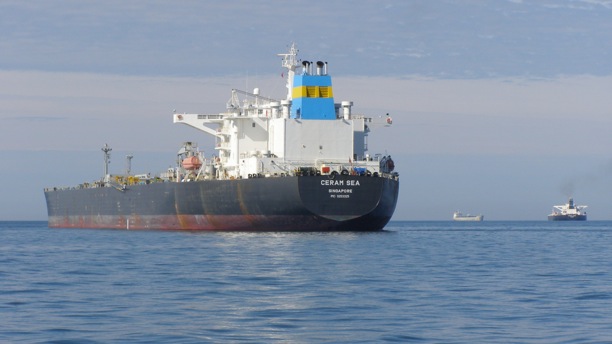The measures announced by the Trudeau Government to bolster the regulatory review process for Kinder Morgan’s Trans Mountain and TCPL’s Energy East pipeline projects along with NRCan Minister James Carr’s promise of expanded public input into the National Energy Board review process are a good start to removing the dysfunctionality baked into the National Energy Board(NEB) process by previous governments.
But will the measures announced end the controversy that has seen new pipeline development at a standstill and Canadians unsure about our energy future?
Among criticisms of the last government’s revised NEB process was that public input was unfairly restricted by a stringent pre-qualification process for interveners and the elimination of oral cross-examination of witnesses. If the expanded public input promised by Minister James Carr means these concerns, at the very least, will be fixed then some credibility in the process may be restored. But are they enough to end a controversy that goes well beyond complaints about process?
An indicator that the government understands further action is required is its commitment to “Assess the upstream greenhouse gas emissions associated with pipeline development…”. The implication is that if approval of pipeline infrastructure enables increased emissions then this must be squared with Canada’s commitments to reduce emissions in total.
However, in the absence of a comprehensive agreement that spells out the role of Canada’s three levels of government in meeting Canada’s greenhouse gas commitments, it’s not clear what a regulator would or could do with an upstream GHG assessment.
A review can only decide if the development fits within national goals if those goals are enabled by national policy.
If, for example, Alberta’s emissions are to increase with a pipeline that enables increased oil sands development, then it stands to reason that we must find offsetting cuts in emissions elsewhere, including by other provinces. Maybe that will happen. But we don’t have agreement, yet, on a national mechanism.
To get beyond the heated debates over projects, we should have a national consensus that sends a clear signal about what development will be encouraged, and how.
It is clear that if Canada is to remain competitive and meet its international obligations, it must break the link between growth and increased emissions. However, saddling resource developers with the burden of fixing that in isolation will only ensure the continuation of rancour and costly delay in Canada’s regulatory reviews.
For far too long we have strangled resource projects in Canada, with unresolved debate over national policy, especially on the environment. Without a clear roadmap that spells out how we’re going to tackle our climate obligations, even as we grow our economy, emissions from new development cannot be assessed in context. In other words we need a national consensus before it can be determined if development like a pipeline is fit for national purpose.
Once we have that national vision we can to turn our attention to how we get the nuts and bolts infrastructure in place to enable it, be that the building of electricity grids or pipelines.
Anyone who follows pipeline reviews knows that we waste a great deal of time duplicating analysis done for previous projects, leaving less time for detailed routing issues that are important to local communities. This process needs rethinking. We must plan for energy infrastructure well ahead of development.
Canada, should establish national energy corridors both in the physical sense and in terms of policy that will guide where corridors should be placed and how they function. This should be done before the intense pressure created when developers are defending investment in projects at advanced stages. Approved corridors can show where development may happen and where it will be problematic, long before investment is placed at risk.
As provinces are well placed to address the regional and local issues that would shape the location of energy corridors, it’s time to let them do just that, a fitting challenge to those who wanted the federal government to play a secondary role in national energy policy.
The Feds will still play a role in ensuring that Canada’s national and international interests are protected, that unreasonable barriers to the movement of energy – in whatever form – are not erected to the detriment of our national interest and that aboriginal rights are respected.
If the provinces don’t rise to this challenge, then perhaps we will return to the old model of having the NEB impose routes selected by energy companies. This may mean more controversy and yes, the intrusion of local political considerations that are not necessarily in the national interest.
Perhaps with a more focused and sustainable national vision we can have an economy that evolves with imperatives like climate change. With a better process to guide us through the placement of the necessary public and private infrastructure to support that vision, then we will be in the best place to really engage in modern nation building.


